As the New Year begins, many will start their first journey in recovery. Hundreds of thousands of us will re-commit to another year of sobriety.
We may be powerless but we are not helpless.
We have a disease, a medical illness with a physical and mental component. We treat it by remaining abstinent from alcohol and similar mood altering substances
Physically, our bodies have an abnormal reaction to alcohol. Like people who are allergic to pollen, our bodies react differently to alcohol than normal folks. They can have a couple of drinks and enjoy themselves where we can have a couple of cases and a functional blackout.
Even when we first decide to stop and put down the drink, the mental obsession refuses to let up. Despite our good intentions, we have to battle our own minds. The Big Book warns us on page 24:
“The fact is that most alcoholics, for reasons yet obscure, have lost the power of choice in drink. Our so-called will power becomes practically nonexistent. We are unable, at certain times, to bring into our consciousness with sufficient force the memory of the suffering and humiliation of even a week or a month ago. We are without defense against the first drink.”
The first thing we can learn from this is that remembering our last drunk won’t keep us sober. The next thing we learn is that if we are truly powerless – left to our own brain, we will drink again.
That’s how the steps work. If we really process that we can no longer decide when or if we drink (and that once we start, we won’t stop until there is none left or we pass out), we understand the need for something, some greater power to protect us from ourselves.
We need hope. And that’s where the second step comes in.

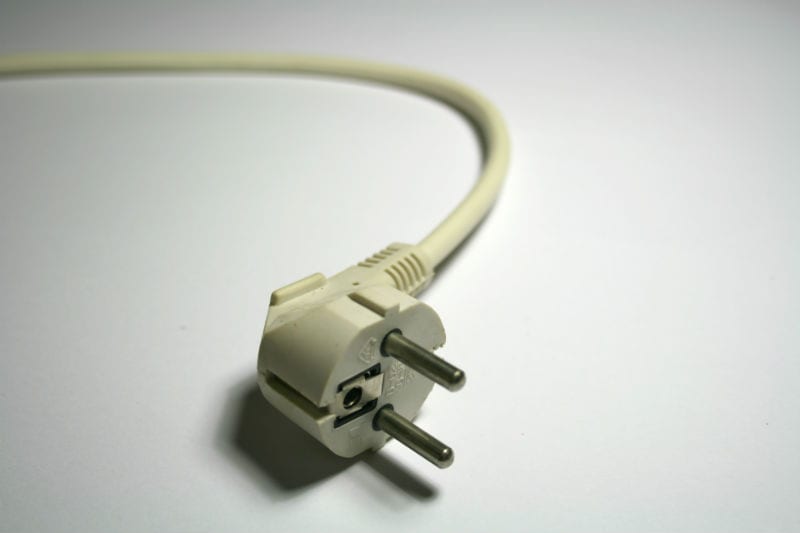
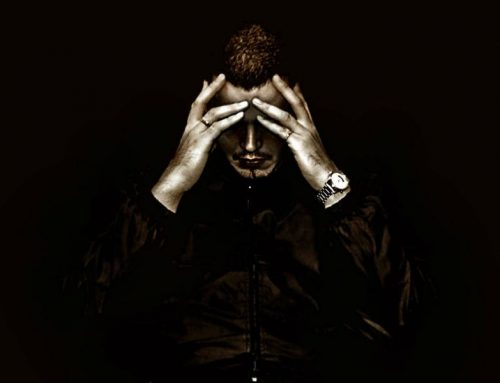
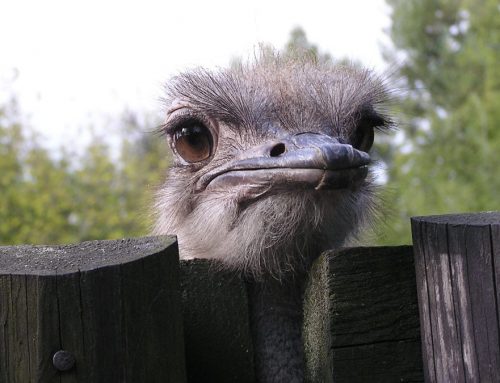
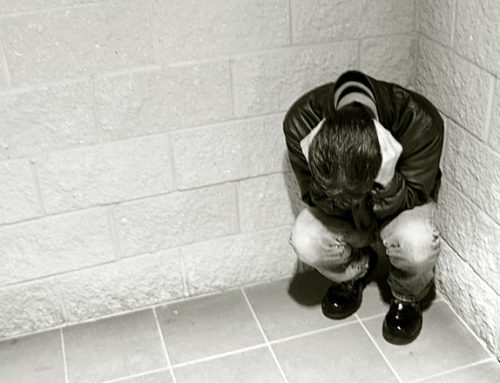
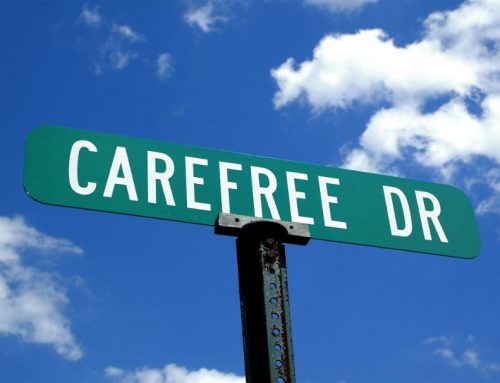
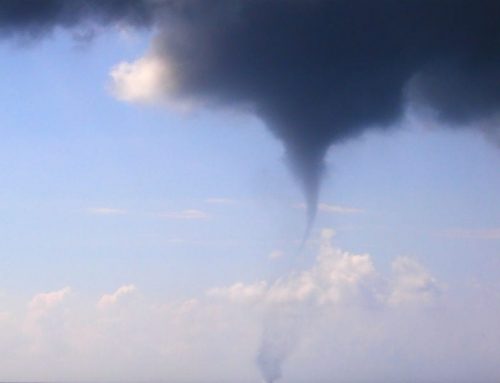
Leave A Comment
You must be logged in to post a comment.